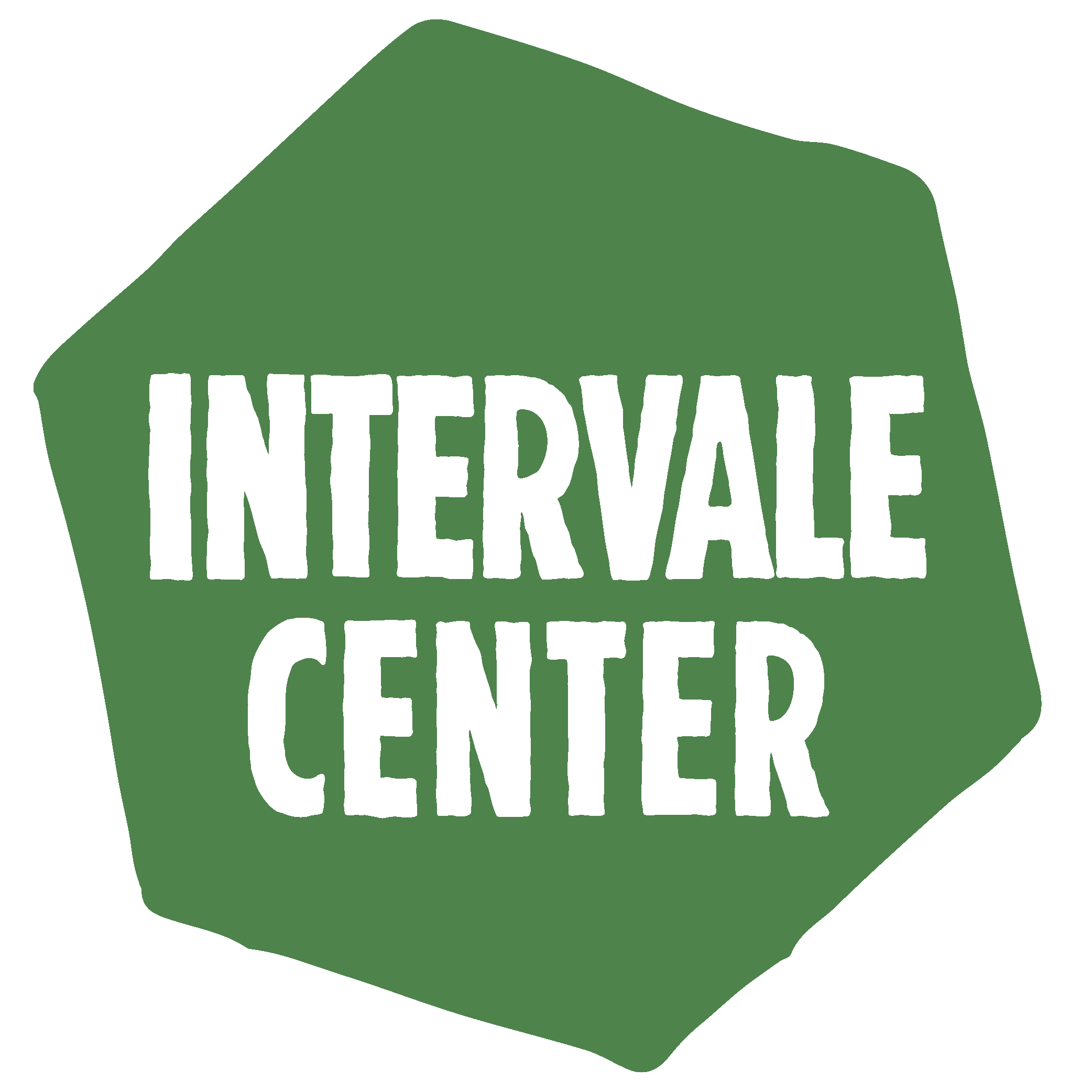UN Food Summit: the Five Action Tracks and How the Local Food System Relates
In September of 2021, the United Nations Secretary-General António Guterres will convene a Food Systems Summit aimed to transform how the world produces, consumes, and thinks about food. Announced on World Food Day in 2019, this 2021 Summit is a part of the Decade of Action to achieve the Sustainable Development Goals (SDGs) by 2030. The Summit strives to develop tangible actions and measurable progress towards the seventeen SDGs, raise awareness and elevate public discussion about reform, develop principles to guide governments and other stakeholders, and create a system of follow up and review. The Summit involves individuals from the worlds of science, business, policy, healthcare and academia. They also include key stakeholders such as farmers, indigenous people, youth organizations, consumer groups, and environmental activists.
The Summit has developed five Action Tracks, designed to identify solutions that deliver global benefits. These Action Tracks focus on alleviating food insecurity while creating strong foundations of an equitable food system. The Action Tracks include (1) Ensure access to safe and nutritious food for all, (2) Shift to sustainable consumption patterns, (3) Boost nature-positive production, (4) Advance equitable livelihoods, and (5) Build resilience to vulnerabilities, shocks and stress.
Not only do these ideas have applications globally, but are beneficial locally, as well. The rising rates of food insecurity in Vermont during the pandemic has exemplified the underlying deficiencies of our local food system. According to a statewide survey, food insecurity has increased 18.3% to 24.3% in Vermont during the pandemic. These concerns, coupled with the ongoing dairy crisis and other significant changes happening within Vermont’s agricultural and food sector, require change on an individual, community, and legislative level.
Vermont has already begun to contribute to this change in substantial ways. Act 83, the Vermont Agriculture and Food System Plan: 2020, is dedicated to the stabilization, diversification, and revitalization of the agricultural industry in Vermont. Other legislature, such as Act 148, Vermont’s Universal Recycling Law, requires mandatory composting to mitigate food waste and its environmental impacts. Community-based efforts towards food system reform has been made by local organizations throughout Vermont—the Intervale Center being an excellent example of this. In 2020, the Intervale Center created numerous programs to aid in food security. The IC expanded their operations to include the People’s Farm, a 1.3-acre farm in the Intervale that produced 13,000 pounds of food last season that is distributed for free to people in need in Burlington. These efforts made by Vermonters align with the UN’s Action Tracks, contributing to the progress towards the Sustainable Development Goals.
The UN Food Systems Summit plans on outlining and implementing changes that will affect the world’s population, including Vermont. The Sustainable Development Goals have set ambitious objectives for the United Nations to achieve, and the Summit is one effort to move towards those goals. 2021 will be a year of innovation, reform, and sustainable development.
Written by UVM Student, Macey Musto


